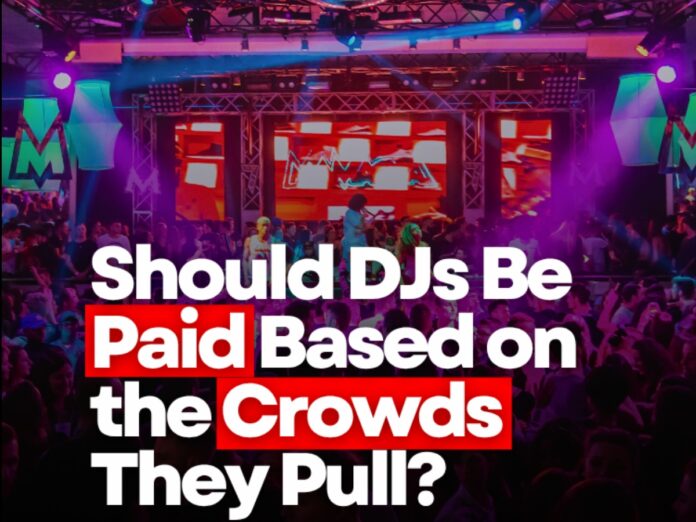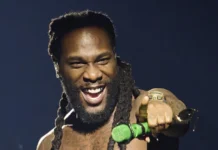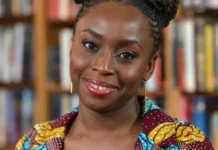Kenya’s nightlife is booming but the role of the DJ is changing in ways that many find troubling.
What used to be about mixing records and keeping the dancefloor alive is now about pulling crowds through social media.
The profession has become part of a wider argument about how influencer culture is reshaping the entertainment scene.
The debate erupted when Nairobi promoter Noni Karanja posted a notice saying that if a DJ cannot pull a crowd they will not be booked. For many in the industry it felt like blackmail.
“If that is the case then let photographers come with their cameras, chefs with their food and bartenders with their own drinks,” NRG’s DJ Exclusive said, arguing that promoters should take responsibility for marketing while DJs focus on the music.
Karanja defended her post, saying her words were taken out of context. She argued that veteran DJs are acting entitled because many fail to promote shows they are booked for.
“At the end of the day the club has sales targets and we are in a cut throat competition,” she said. From her perspective, both promoters and DJs must adapt to survive in a market where entertainment choices are endless.
The pandemic accelerated this shift. With clubs shut, DJs built audiences online. DJ Grauchi and The B.a.G. series gained traction on YouTube where their mixes created a house party culture that kept them relevant.
That digital success has carried into live bookings but also blurred the lines between artistry and marketing.
Veteran acts such as DJ Joe Mfalme have navigated both worlds successfully but younger DJs say expectations are becoming unsustainable.
Many feel they are being asked to serve as entertainers, marketers and content creators without any adjustment in pay.
The question for Kenya’s nightlife is whether this evolution represents progress or exploitation.


















